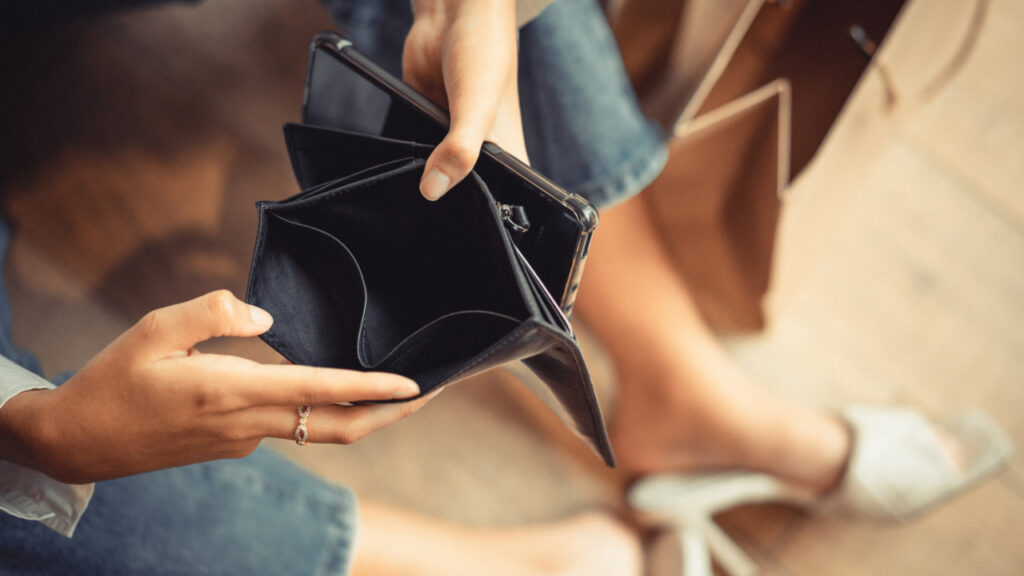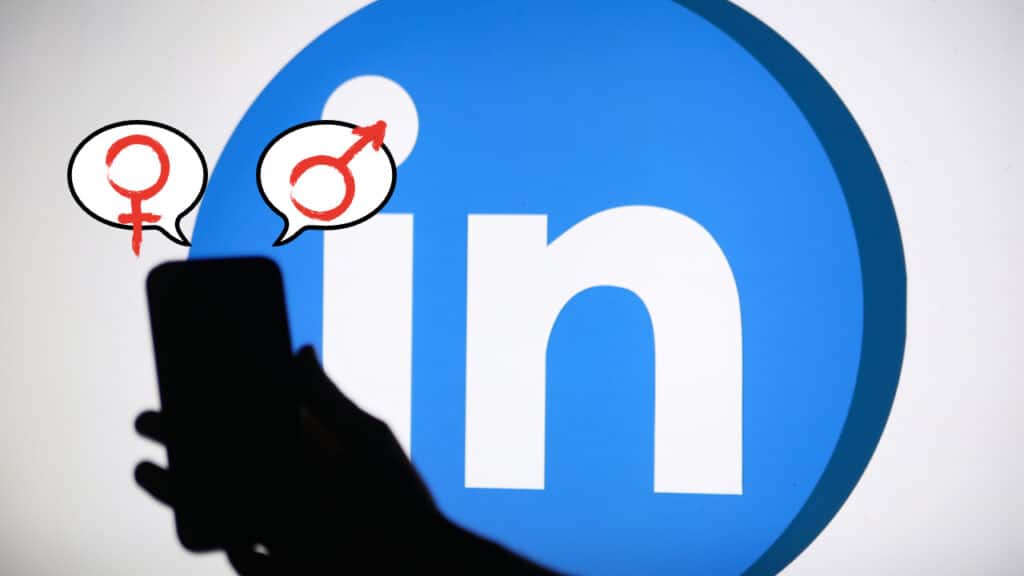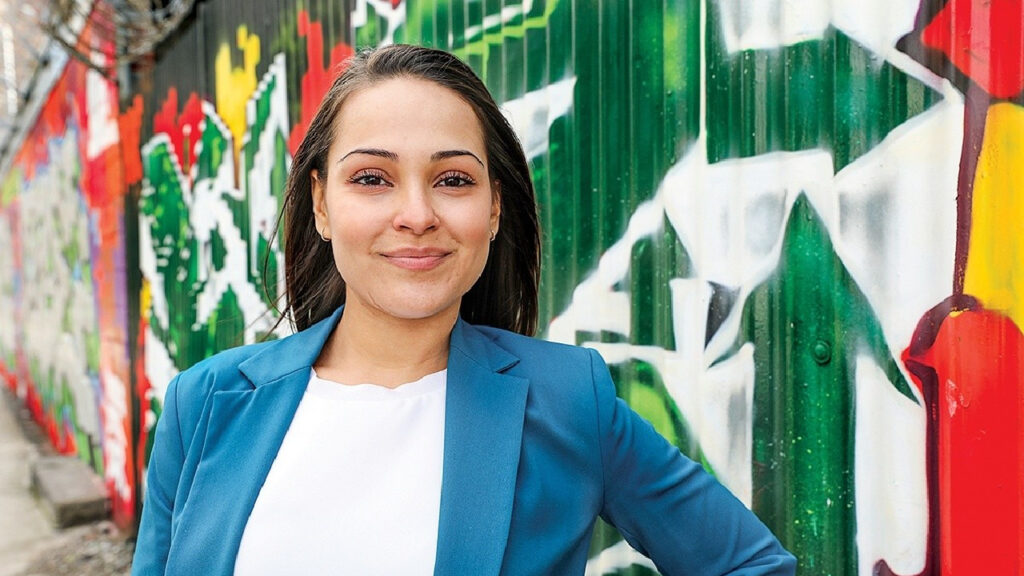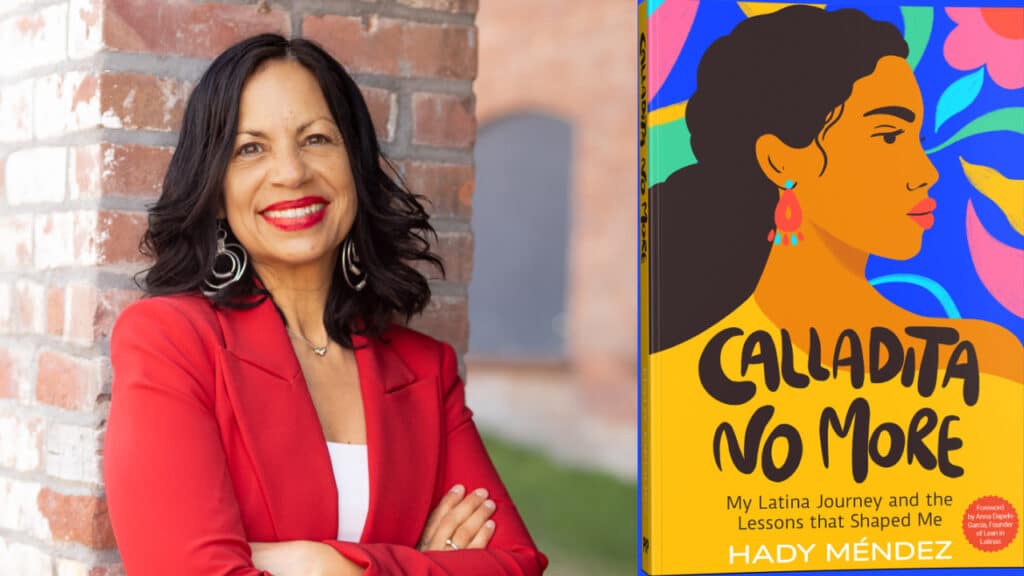
Turns Out Your Ex and Your Credit Score Might Have More in Common Than You Think—Here’s What Love, Money, and Trauma Have to Do With It
Did you know? Your relationship with money might be a direct reflection of your romantic relationships. According to this TikTok video, your love and money languages might be more intertwined than you thought.
The Same Attitude Towards Love and Finances?
Content creator Hannah Sophia explained this connection in a video that has accrued more than 55,000 likes by the time of this publication. “How you treat [money and love] is a direct reflection of how you treat the other,” she says in the viral video clip. “You want to start thinking about your relationship with money like you would a romantic relationship.”
Diving deeper into the logic, she explained that people who treat their money frivolously and with zero discipline might treat their relationships with the same lack of boundaries. On the other hand, those who save excessively and hoard money might also translate this logic to their relationships. For example, they might urge their partners to solely focus on them.
Science Backs It Up
Hannah Sophia might be up to something with her video. After all, money is a profoundly emotional topic. Scientific research shows that love and money are analogous in the human brain. This means the same brain regions are involved in “both social and material reward anticipation.” Additional research has shown that earning money activates dopaminergic pathways, as getting rewards and falling in love do.
So, it isn’t farfetched to believe that people’s financial and dating patterns are associated.
Writing for the Wall Street Journal, journalist Kate Murphy stated that how stable and secure a person feels in their interpersonal relationships tends to mirror how they feel about their finances. “So it’s worth examining your close ties, both past and present, to understand how they may influence your spending, saving, and investing habits—for good or ill,” she wrote.
The Attachment Theory
Most research on the topic has used the attachment theory to explain or further investigate the link between interpersonal relationships and finances. This theory suggests that humans forge bonds with others influenced by a specific interpersonal attachment style. As per research, “An individual’s attachment style is formed during early interactions with attachment figures.” And will impact how people regard themselves and their relationships.
Bowlby, for example, explains that infants who learn they can rely on others to protect them from hurt and pain tend to develop a sense of attachment security. Adults with this type of attachment style are more likely to nurture “trusting, long-term relationships.” They also boast high self-esteem, look out for social support, and can share their feelings.
On the other hand, children whose attachment figures responded with indifference, emotional unavailability, and rejection are more likely to doubt their self-worth and other people’s goodwill. “These children cannot attain a sense of security and tend to develop insecure attachment styles, that is, anxious attachment and avoidant attachment styles.”
Individuals’ attachment styles and how they regard money are generally determined by cultural factors and personal experiences. “Depending on your background, you may come to associate intimacy—and money by proxy—with safety, peril, protection, secrecy, control, prestige, power, weakness, virtue, vice, acceptance or rejection,” wrote Murphy for the Wall Street Journal.
Attachment styles and money
According to a study conducted by Brigham Young University, people with a secure attachment style “are more likely to be responsible money managers and to view their partner as a good money manager.” These interactions generally lead to happier relationships. On the other hand, anxious and avoidant types who think of their partners as “bad money managers” tend to be less happy in their relationship.
How people interact with money in their relationship can also be a reflection of their attachment style. “If you are needy of love, the more anxious type, you use money as a means to be loved and be appreciated and have people around you,” Professor Mario Mikulincer told the Wall Street Journal. Meanwhile, “People with avoidant attachments may develop resentment or contempt for those who take their money.” In the end, this strengthens patterns of emotional unavailability.
Healing is Key
Although attachment styles are said to stay with us throughout our lives without changes, identifying patterns might help people, especially those with anxious and avoidant attachment styles, to work on areas of improvement. Understanding the mindset influencing your behavior is a first step towards healing relationships, whether with people or money.
As Hannah Sophia reminds in her video, “You can’t expect to have a healthy relationship with unhealthy dating habits.” Neither can you “expect to have a healthy relationship with money while carrying in these unhealthy relationship habits.”
Borrowing her words, “Fix one and I guarantee you will fix the other.”




